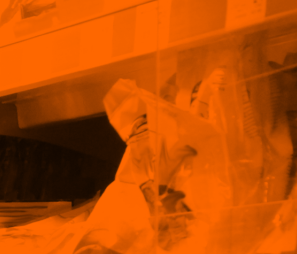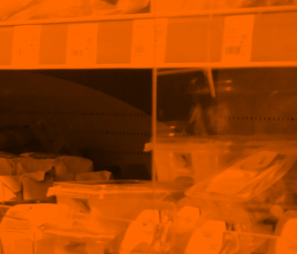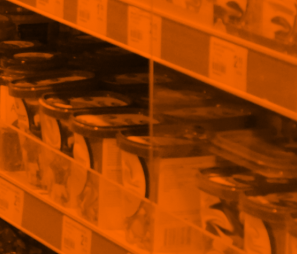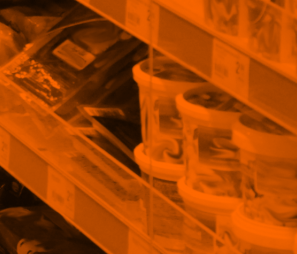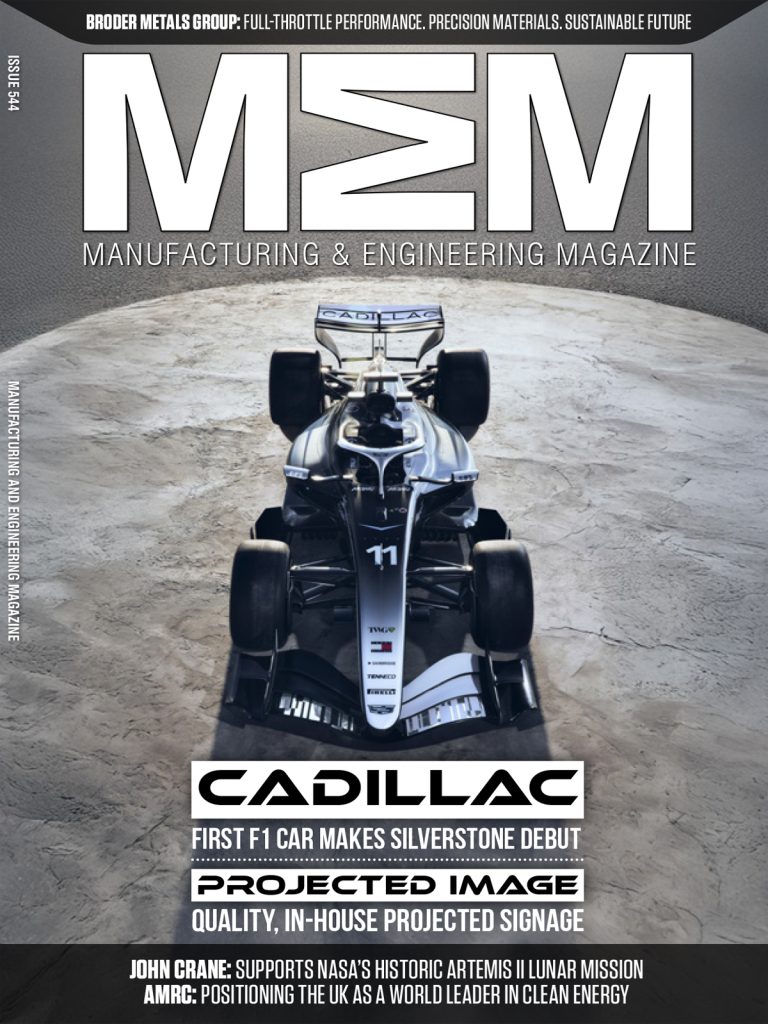How to Avoid Another CO2 Crisis : The CO2 shortage that happened last month caused retailer Booker to ration its sales to ten cases of beer per customer, Scotland’s biggest abattoir to close temporarily and Morrisons to suspend delivery of some frozen foods. Jonathan Wilkins, marketing director at EU Automation discusses how predictive maintenance could prevent another CO2 crisis.
CO2 is important within the food and beverage industry as it’s used as the most humane way to stun pigs and chicken before slaughter, as well as giving carbonated drinks their fizz, extending the shelf life of salads and creating dry ice for keeping products chilled during transit.
As most of the CO2 sold commercially is produced as a by-product in ammonia and hydrogen production plants, a primary cause of the shortage was that many of Europe’s ammonia plants shut down for scheduled maintenance at the same time, leaving very little commercial CO2 production.
Even though scheduled maintenance ensures a component is more unlikely to fail, it is also a waste of time and money when done unnecessarily. During scheduled maintenance, work is completed on a large number of components over a short time. This means that several machines are out of operation at once, so the entire plant usually has to be shut down.
A better option for this issue that could also help avoid another CO2 crisis is predictive maintenance, which relies on real-time data analysis to identify fault in a system before it becomes serious enough to impact business output.
With early identification of parts that have deteriorated or are developing a fault, maintenance teams can fix or replace the part with little, if any, plant downtime. This is because the components only need to be repaired or replaced when required and not all at once. In many cases, while work is being done on one component, other systems in the plant should still be able to operate, minimising the impact on the company’s productivity and customer service.
Manufacturing & Engineering Magazine | The Home of Manufacturing Industry News








